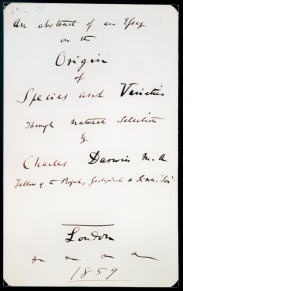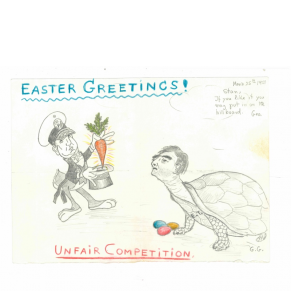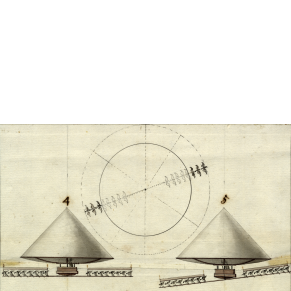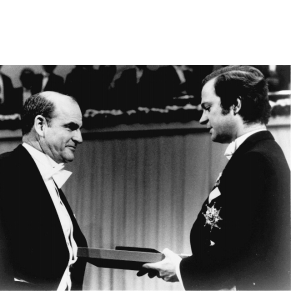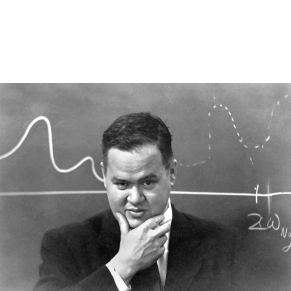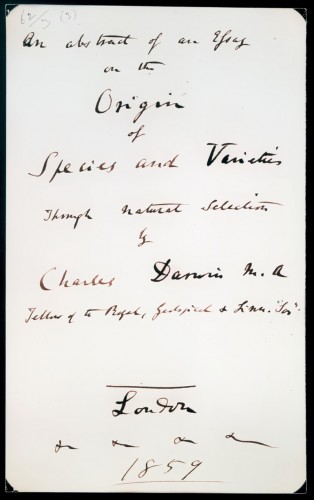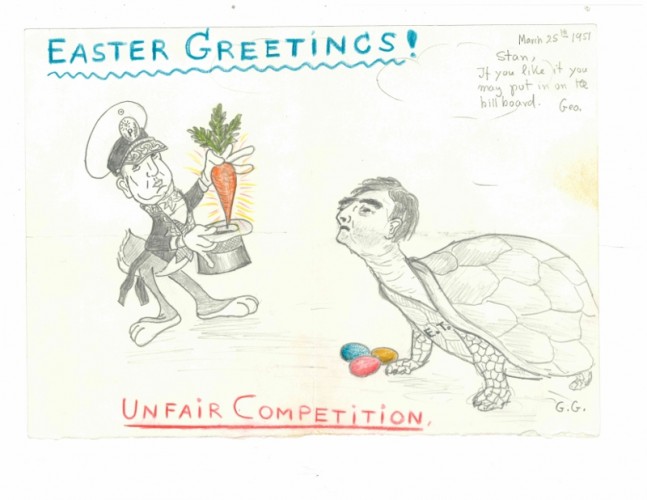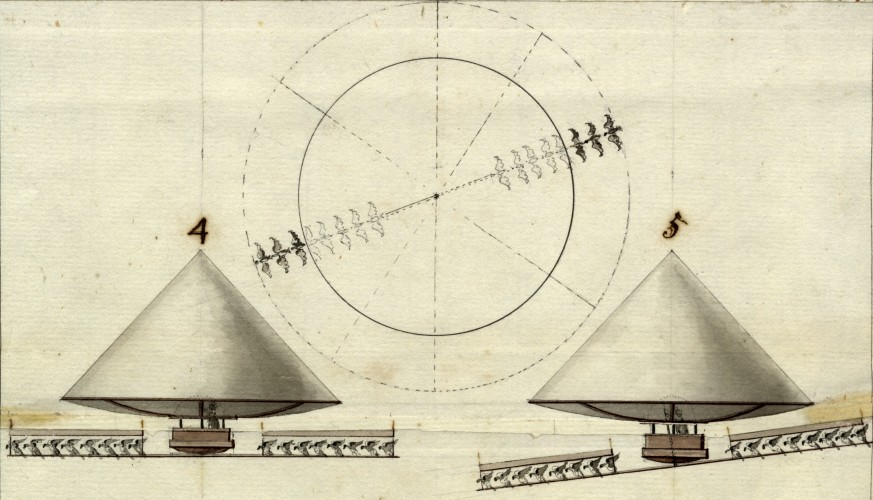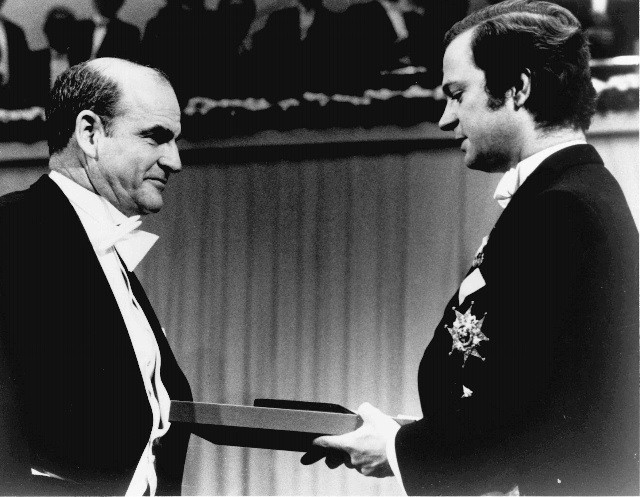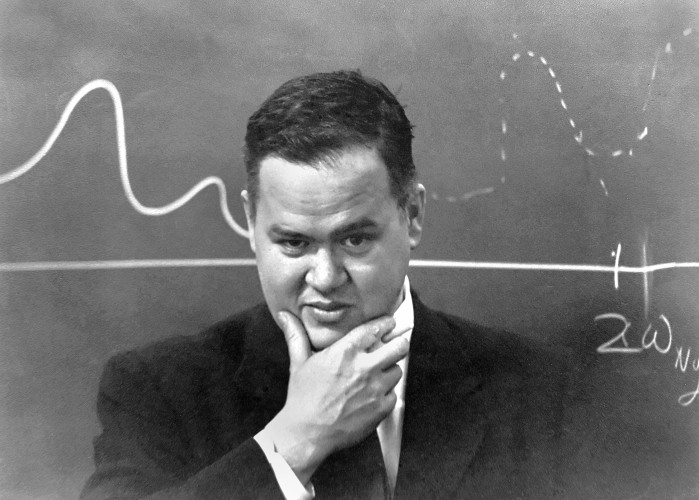John Wilder Tukey (1915–2000) was one of the most influential statisticians of the 20th century. While he worked simultaneously for Bell Labs and Princeton, he was also a government and corporate consultant. His contributions to statistics were almost too many to mention but included the Stem-and-Leaf Diagram, the Cooley-Tukey Fast Fourier Transforms (algorithms that speed data processing), Tukey’s Paired Comparisons, and citation and permuted indices. Computer technology was an early feature of his work; he was the first to use the word "software" in print and coined words such as "bit" and "linear programming." A prolific writer, his collected papers amount to eight volumes of work. Beyond his scientific work, his collection reveals two hobbies: reading pulp mysteries and science fiction, and square dancing.

